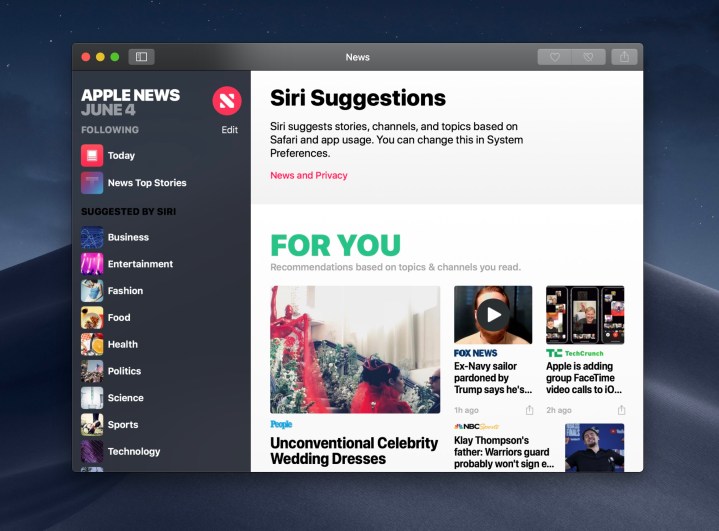
In 2016, our vocabularies grew to include the term “fake news,” and the concept has since taken root in the collective American psyche. A new survey conducted by the Gallup/Knight Foundation found that overall, Americans believe that 39 percent of the news they see on TV, hear on the radio, or read online or in papers is misinformation — that is, news that is intentionally meant to lead folks astray.
Certain demographics were more likely to be mistrustful of the news, namely Republicans and those who are less educated (having a high school education or less). In total, the survey asked questions of 1,440 randomly recruited Americans.
Americans were found to be particularly skeptical about what they see on social media. Indeed, respondents said that two-thirds of the news they found on social media could be classified as “fake.” Of course, since the 2016 election, Facebook has been facing hefty criticism from consumers and Congress alike about its role in the spread of fallacious information, and has taken steps to combat the epidemic, both at home and abroad. However, it has yet to be determined how effective these practices really are.
Social media companies, however, are now being held to a higher standard by their users. In the U.S., 76 percent of U.S. adults say that major internet companies are obligated to identify fake news that appears on their platforms, and a slight majority of Americans are willing to go so far as to say that this is among the companies’ most important responsibilities.
“The extent to which Americans perceive misinformation in the news environment and their belief in the effectiveness of methods to counteract it are influenced to a large degree by their political leanings and their opinions of the news media more broadly,” the Knight Foundation noted in a summary of its results. “These results underscore how a lack of trust in the news media intertwines with perceptions of misinformation. Although Americans continue to see the media as playing a critical role in informing citizens in our democracy, the ability of the institution to effectively fulfill that responsibility is hampered when citizens are not confident that the information they receive is accurate.”

